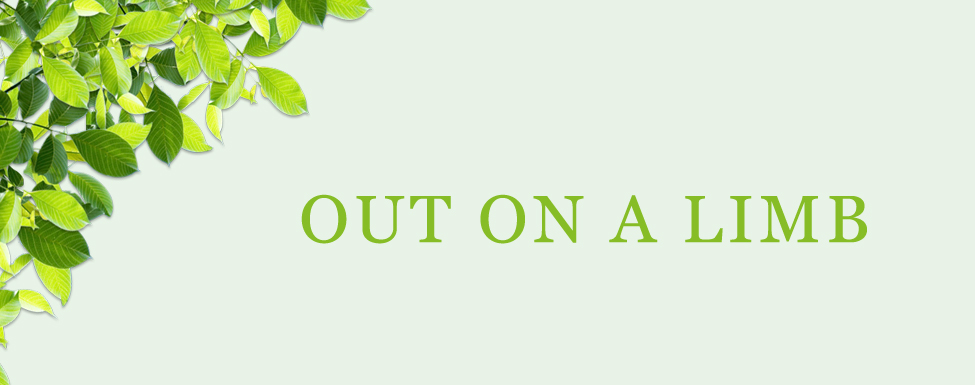Oh Mother!
I am a mother. I only had one chick and probably should not claim full membership in the “Mothers Club” because I didn’t have to deal with the dubious joys of squabbling siblings, figuring out how to be in two places at once for competing school events or the you-always-liked him/her-better-than-me syndrome.
I raised him pretty much by myself—with the help of my mother—from the age of 4. He likes to lament that he was “abandoned at birth and raised by a pack of females,” which, he argues, has ill-equipped him for the rough and tumble of the male world. I might argue that point with him—he’s a very alpha male—but I do know that his upbringing was not the cookies-and-milk-after-school variety so desirable to those who want to return to Dick and Jane-style child rearing.
But no matter how harum-scarum those years were, he grew up fine and steady, making me proud as he has evolved into his own man. That process of evolution, often painful to both mother and child, I can own fully. One child or 20 (God forbid!), the process of differentiation, the foreordained growing apart as the child becomes its own person, can be exquisite anguish. I have sometimes reflected that the most intense love—the love of a mother for her child—is the only one designed by nature to be split asunder.
Psychologist Erich Fromm recognized how difficult a mother’s task really is. “The mother-child relationship is paradoxical and, in a sense, tragic,” he wrote. “It requires the most intense love on the mother’s side, yet this very love must help the child grow away from the mother, to become fully independent.”
Fully independent. My son made it and so did I. He’s lord of his own universe, a teacher, a homeowner, “reigning” over subjects that include free-range chickens (the ladies named for Victoria’s Secret models and the rooster dubbed Russell Crowe), dogs, cats and a young boy just beginning to feel the effects of adolescence. He loves the boy as much as I love him and will soon feel the same pangs of loss all parents are meant to feel.
I’m okay with the way nature designed the universe. Who, in their senior years, would really want to take care of a 6-foot-4, 40-year-old Baby Huey? Better to admire him from afar and hope the world treats him well. But I am not okay with the way popular culture portrays parents, the faintly sneering quality that imbues references to mothers and fathers in the popular media. I have gotten used to not being central in my son’s life but I do not like being viewed as superfluous and slightly ridiculous.
My husband likes to watch television in the evening, while I find the noise irritating. I tend to absorb myself in some project, paying only minimal attention to what he is watching. Thus, I cannot tell you what company’s advertisement it is that always jerks me from my reverie with its concluding line.
A middle-age man has been sold something, making him very happy, the way only material things, it appears, can make us happy. He exults, “Life would be perfect if only mother were here.” Clearly, he’s a twerp. Another ad, Progressive’s I think, expounds on how “we can’t save you from becoming your parents”—fusty, boring, cardigan-wearing and archaic.
Differentiation—a lifelong process that often ends with the child assuming responsibilities for the parent—is difficult enough without marginalizing parents’ worth.
Parents must earn their stripes. They must be nurturing and protective when the child is young and transform that into respect for the mature individual. Not an easy task. But most parents of adult children that I know have bridged the gap, gone on to pursue their own post-childrearing interests and, well into their senior years, are leading fulfilling lives.
Ecclesiastes says, “To everything there is a season.” A wise person knows which season it is and behaves accordingly. No, Progressive cannot save our children from this awful fate. But then, who wants a world populated by adolescents in adult bodies?

